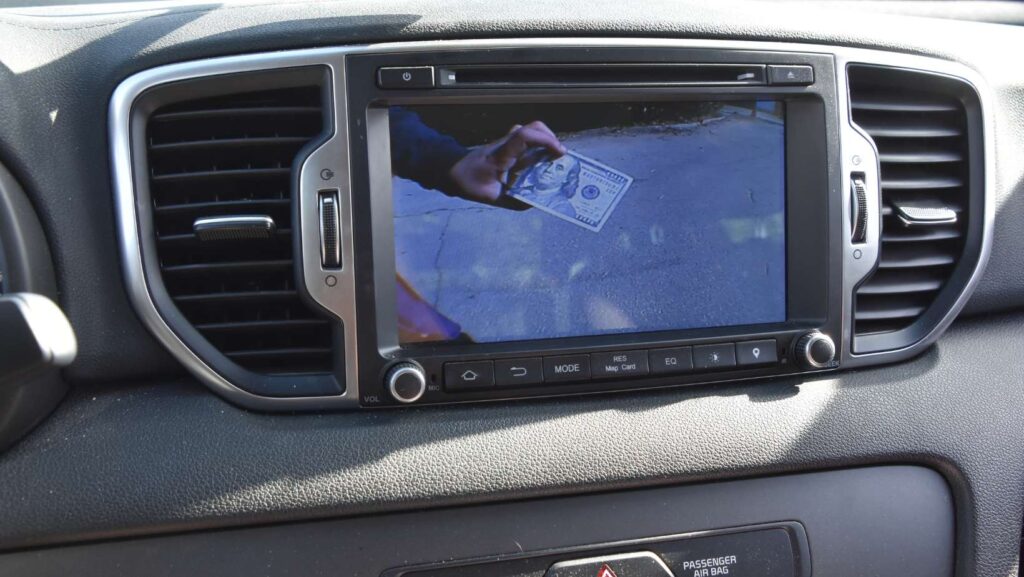Shipping your car is a service that helps you transport your vehicle to a new location whether its for moving purposes, vacations or selling. However it’s important to be mindful of risks involved in car shipping. Unfortunately there are individuals and companies out there who might attempt to deceive you and cause financial loss or distress. Car shipping scams come in forms and can result in significant inconvenience and frustration.
To protect yourself from falling victim to these scams it’s crucial to familiarize yourself with the types of scams, how they operate and effective prevention measures. This article aims to shed light on some car shipping scams while providing you with valuable tips on how to avoid them.
Common Car Shipping Scams
Here are some of the most common car shipping scams that you may encounter:
Bait-and-switch
In some cases a company may initially provide you with a low shipping quote for your car. However as time passes and market conditions change they might increase the price due to factors, like fuel surcharges or other unforeseen circumstances. They may also add fees or commissions that were not mentioned in the original quote. This deceptive practice is often employed by brokers who lack their trucks or fleets and instead rely on third party carriers to transport your vehicle.
Fly-by-night
This is where a company operates illegally without proper registration, license, insurance, or safety records. They may use fake or stolen websites, logos, or names to appear legitimate. They may also use fake or stolen trucks or trailers to transport your car. They may take your money and never deliver your car, or deliver it damaged or stolen.
Up-sell
This is when a company attempts to persuade you into purchasing services or options that may not be necessary or desired by you. They might apply pressure to upgrade to enclosed transport, door to door delivery, expedited delivery or guaranteed quotes. Moreover they may also attempt to charge you for services that should already be included in the price, such as loading and unloading, insurance coverage and tracking.
Phishing
This is when a company attempts to deceive you into revealing your information by sending deceptive emails or text messages that seem to come from a genuine car shipping company. They may request you to click on a link or input your details for the purpose of tracking your delivery, making a payment, verifying your order and so on. Although the link or website may appear genuine it is actually a platform created to pilfer your information.
Delivery notice
In this scenario a company attempts to deceive you by sending a delivery notification. The notification contains a tracking link that urges you to provide information or install malicious software on your devices. The deceptive tactic may involve stating that your vehicle has reached its destination and requesting payment or identity verification to proceed with receiving it.
Tips for Avoiding Car Shipping Scams

Here are some tips for avoiding car shipping scams:
Do your research
Before hiring a car shipping company, do some background checks on them. Look for online reviews and ratings on sites like Yelp, Transport Reviews, Better Business Bureau, etc. Look for positive feedback from previous customers who have shipped their cars with the company. Avoid companies that have too many complaints or unresolved issues.
Verify their credentials
To ensure the legitimacy and safety of a motor carrier you should request their motor carrier number. Verify it through the Federal Motor Carrier Safety Administration (FMCSA) website. This step will provide you with information regarding their proper registration, licensing, insurance coverage and safety record. Additionally it is advisable to cross reference their website address and contact details, with the records to confirm consistency.
Get multiple quotes
Compare quotes from different companies and look for the best value for your money. Don’t just go for the cheapest option, as it may compromise on quality and safety. Don’t just go for the most expensive option, as it may not guarantee the best service. Look for a reasonable and fair price that matches your budget and expectations.
Read the contract
Request a written agreement that clearly outlines the expense and the terms and conditions of the service. Take your time to thoroughly review the contract and ensure you comprehend all the details before putting pen to paper. Be vigilant for any fees or additional charges that could be imposed at a later stage. Additionally be on the lookout, for any clauses that might restrict your rights or options in the event of issues or disagreements arising.
Pay securely
It is advisable to opt for a payment method like a credit card or PayPal while making a payment, for the service. It is best to avoid using cash, wire transfer, money order or gift card as they’re difficult to trace or recover in case of any fraudulent activities. It is recommended not to pay the full amount upfront; instead it is better to make a deposit or pay a portion of the total cost and settle the remaining amount upon delivery.
Inspect your car
Inspect your car before and after delivery and note any damages or discrepancies on the bill of lading. Take pictures or videos of your car as evidence. If you notice any damages or issues, report them to the company immediately and file a claim with their insurance company.
Conclusion
Transporting your vehicle from one location to another is a service but its crucial to be cautious of potential scams that could result in financial losses or even the loss of your car. Car shipping scams can take forms and lead to stress, frustration and monetary setbacks.
To protect yourself from falling victim to car shipping scams it’s essential to familiarize yourself with the types of scams, how they operate and effective prevention methods. Additionally conducting research, verifying credentials, obtaining multiple quotes, carefully reviewing contracts ensuring secure payments and inspecting your vehicle are all important steps to take.




